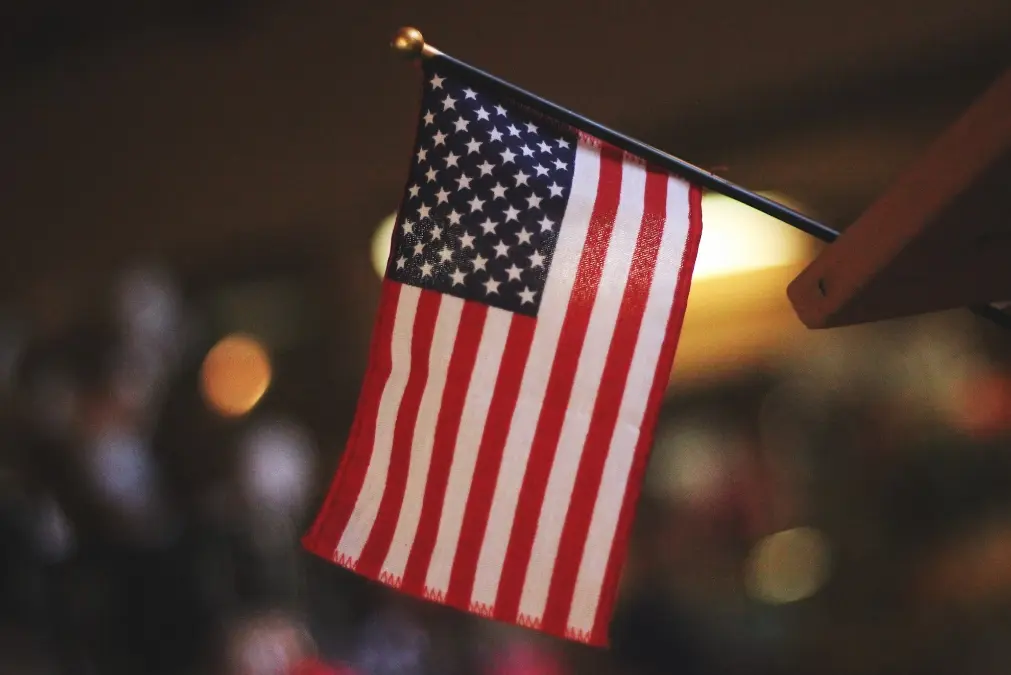
U.S. DOE and CEC Compliance Certification
DOE certification is the “passport” for products to legally enter the U.S. market. Only products that meet DOE certification requirements can be legally sold, avoiding the risk of sales bans due to non-compliance. At the same time, this certification enhances product competitiveness, as consumers tend to prefer products with energy efficiency certification and guaranteed quality.

U.S. DOE Certification
1. Significance of Certification
DOE certification is an energy efficiency standard established by the U.S. Department of Energy (DOE) aimed at REDucing energy consumption and minimizing pollution. Products that pass this certification must comply with the Energy Policy and Conservation Act (EPCA)and display the DOE energy efficiency label. Obtaining DOE certification not only ensures legal sales and avoids sales bans but also enhances market competitiveness and reduces operational risks for businesses.
2. Standards and RegULations
- 10 CFR 429: Defines sample selection and reporting requirements.
- 10 CFR 430: Specifies testing methods and rules for declaration of compliance.
3. Applicable Product Categories
- Small Battery Charging Systems: Bluetooth earphones, Bluetooth speakers, fitness trackers, mobile phones, tablets, in-car DVD players, MP3/MP4 devices, and other products with small-capacity batteries.
- Power Supplies: External power supplies, adapters, etc.
- Televisions
- Audio-Visual Products: DVD players, etc.
- Information Devices: Set-top boxes, monitors, etc.
- Large Battery Charging Systems: Electric vehicle charging equipment, etc.
- Lighting: LED fixtures, fluorescent lamps, ballasts, etc.
- Transformers
- Home Appliances: Refrigerators, air conditioners, washing machines, etc.
- Motors
- Bathroom Products: Showers, faucets, toilets, etc.
U.S. cec Certification
1. what is cec Certification?
CEC stands for the California Energy Commission. On December 30, 2005, CEC officially launched energy efficiency certification based on the Appliance Efficiency Regulationsin California, now known as CEC certification.
2. Main Purpose of CEC Certification
The core purpose is to improve the efficiency of electronic and electrical products, save energy, and reduce CO₂ emissions. Notably, CEC certification covers up to 58 product categories. Products within the scope must strictly comply with the relevant standards; otherwise, they cannot be sold in the market.
3. Products Subject to cec energy efficiency
- Home Appliances: Air conditioners, refrigerators, washing machines, etc.
- Electronics: Computers, monitors, chargers, etc.
- Other Equipment: Lighting, water pumps, etc.
Most common electrical products in daily life fall under CEC energy efficiency regulation.
Key Differences Between DOE and CEC
1. Jurisdiction & Influence
- DOE Certification: Issued by the U.S. Department of Energy; applicable to the entire U.S. market; mandatory and widely recognized.
- CEC Certification: Issued by the California Energy Commission; applicable only in California; globally recognized for strict energy efficiency standards.
2. Energy Standards & Requirements
- DOE Certification: Evaluates products based on federal energy efficiency standards; generally applicable nationwide.
- CEC Certification: Follows California’s energy efficiency standards; stricter than federal standards, with higher requirements for energy efficiency and environmental performance.
3. Certification Process
- DOE Certification: Simplified process involving application submission, test report, and review. Registration must be completed in the CCMS system, with labs holding accounts and submitting authorization forms.
- CEC Certification: More complex, including application, test report submission, and on-site inspection. Participants must register in the MAEDBS system, with separate accounts for labs and manufacturers. Manufacturers must formally authorize third-party labs to complete record registration.
4. Applicable Products
- DOE Certification: Covers all types of electrical products, including home appliances, lighting, office equipment, and more; very broad scope.
- CEC Certification: Mainly targets household and commercial appliances sold and used in California, such as TVs, washing machines, and dryers.
Email:hello@jjrlab.com
Write your message here and send it to us
 EMC Item – Introduction to Radiated Emission Test
EMC Item – Introduction to Radiated Emission Test
 IEC 62471 Photobiological Safety of Lamps and Lamp
IEC 62471 Photobiological Safety of Lamps and Lamp
 New European Toy Standard EN 71-1:2026
New European Toy Standard EN 71-1:2026
 EN71 Series Standards Compliance February 13, 2026
EN71 Series Standards Compliance February 13, 2026
 European Toy Safety Standard EN 71-20:2025
European Toy Safety Standard EN 71-20:2025
 EN 18031 Certification for Connected Devices on Am
EN 18031 Certification for Connected Devices on Am
 Compliance Guide for Portable Batteries on Amazon
Compliance Guide for Portable Batteries on Amazon
 2026 EU SVHC Candidate List (253 Substances)
2026 EU SVHC Candidate List (253 Substances)
Leave us a message
24-hour online customer service at any time to respond, so that you worry!




